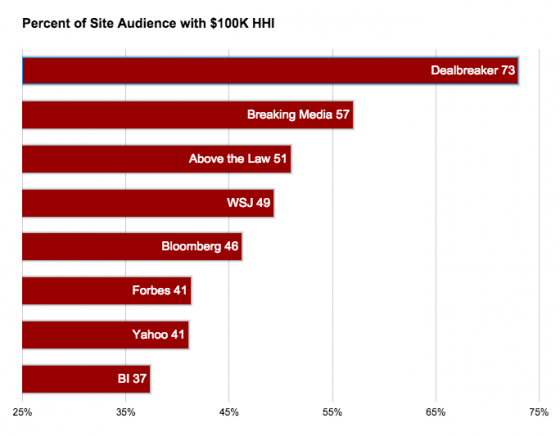Since 2014, Evolve Law has built the largest community of legal tech startups and innovators in the world with 150+ member companies. In 2017, Evolve Law partnered with Above the Law to significantly member benefits and reach, and in 2018, Evolve Law will merge into Above the Law.
Evolve Law CEO Mary Juetten commented, “I have enjoyed developing our strategic partnership with Above the Law and the plan to merge Evolve Law’s legal tech toolkit into Above the Law’s Innovation Center: Evolve the Law. Above the Law is a natural home for the Evolve Law members and this transition will allow me to focus on Traklight and my writing.”
Above the Law will oversee day-to-day operations while Juetten will collaborate on the strategic vision, support and attend many signature events, and contribute regularly to Above the Law as a columnist. Juetten added, “I am looking forward to seeing Above the Law build on Evolve Law’s community, particularly as we open up membership to public interest companies, legal departments, and law schools.”
“As the largest community for lawyers in the US, we are excited to fully integrate the Evolve Law community into the Above the Law brand” stated Hsiaolei Miller, Group Publisher of Above the Law. Above the Law now reaches 1.58 million members of the legal community monthly across its media platforms. All Evolve Law members will receive special access to this community as part of the merger.
This merger is the foundation to many new developments at Above the Law, including:
- Launch of Evolve the Law, ATL’s Legal Innovation Center (ETL), and upcoming legal tech directory
- Expanding access to Evolve Law Signature Events to reach a larger audience
- Focus on innovation across industries in health,IT, Fintech, RegTech, and legaltech
The first ATL | EL signature event is in NYC on Jan 30 th , 2018 and Darwin Challenge applications are now open. For more information email elmembers@abovethelaw.com.










